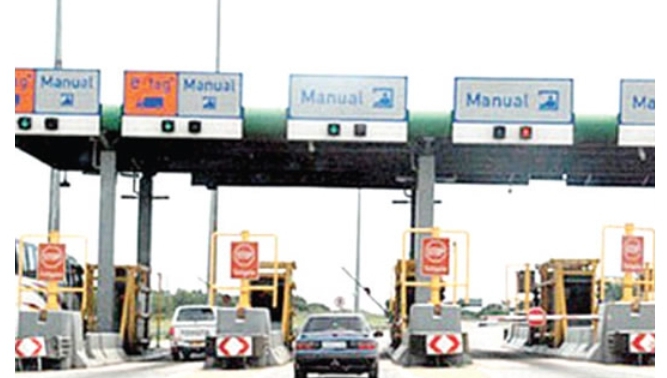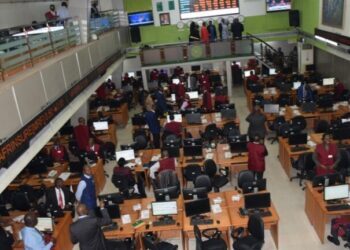Director of Road Transport in the Ministry of Transportation, Ibrahim Musa, Wednesday, disclosed that the Federal Government has approved the re-opening of the Seme border for the importation of vehicles.
Speaking at the Economic Community of West African States, ECOWAS, meeting, organised between officials of Nigeria and Benin, Musa said the development followed complaints by freight forwarders operating at the Seme border.
The director, who spoke at the ECOWAS Monitoring Team’s visit to the Seme-Krake Joint Border Post, said: “I was here with the former Minister of State for Transportation when the Freight Forwarders pleaded that the border should be reactivated for the free movement of goods and services.
“The former minister made us prepare a memo to that effect. It was considered and sent to the government.”
Also speaking, the Customs Area Controller of Seme Border Command, Dera Nnadi said the service has noticed a reduction in its revenue since the importation of vehicles was banned from the land borders.
Nnadi said: “The former Minister of Transportation, responding to some of our requests and from the stakeholders, promised to take them to the Federal Executive Council, FEC, one of them is how to fully open this border.
“The Ministry has informed us that the memo has been written to FEC and it was adopted and that it would be given to the new government, he assured us that all the requests were adopted.”










